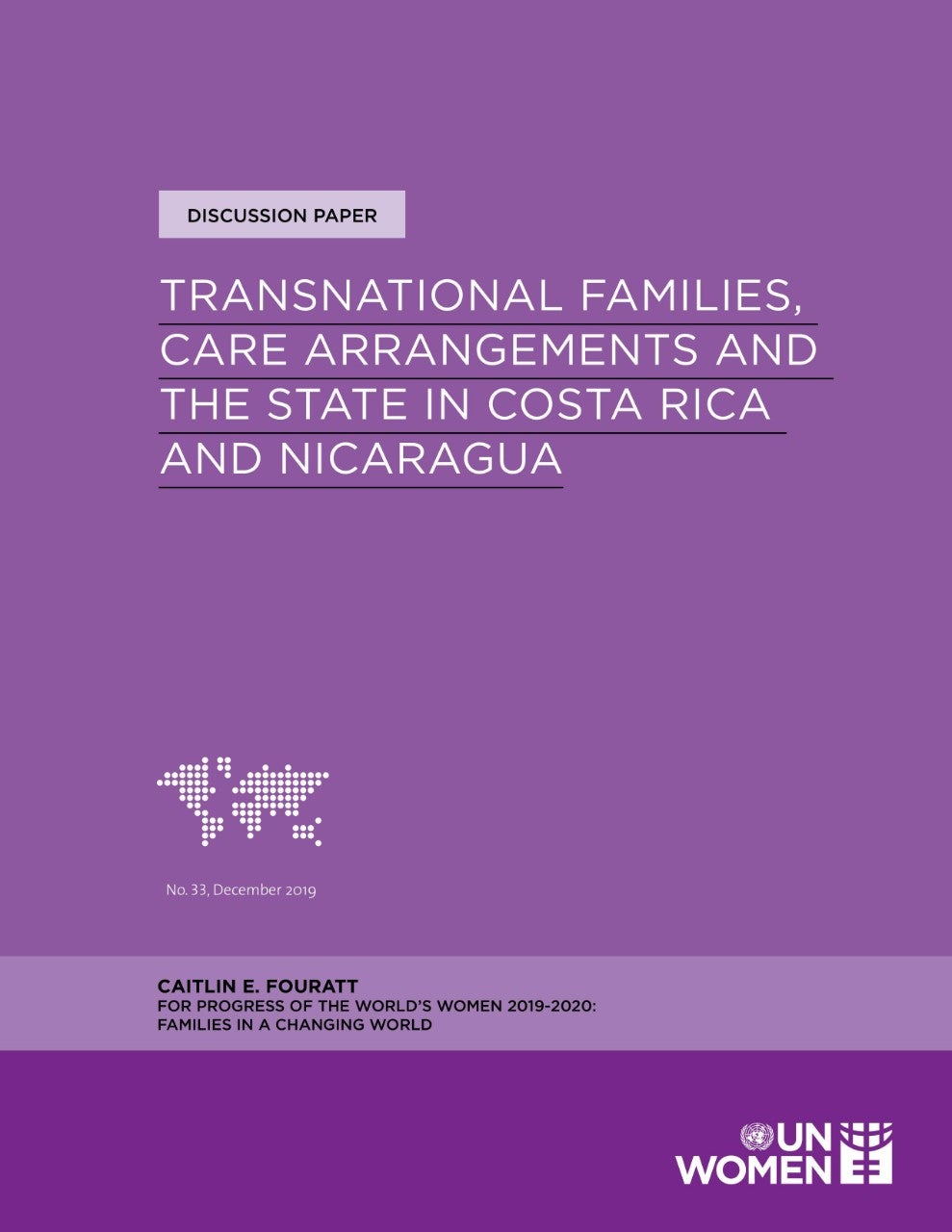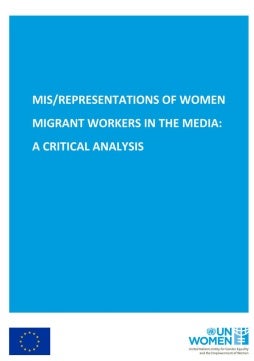Transnational families, care arrangements and the state in Costa Rica and Nicaragua
Nicaragua has the second-highest emigration rate in Central America, behind El Salvador, and 40 per cent of Nicaraguan households receive remittances. In contrast to migrants from other Central American countries, however, Nicaraguan migrants are more likely to move within the region to Costa Rica than to the United States.
This paper is concerned specifically with the implications of migration within Central America for family life. Focusing on the case of Costa Rica and Nicaragua, the paper argues that the provision of care in Nicaraguan transnational families occurs in the context of multiple insecurities, both historical and contemporary. In this sense, migration represents both a solution to the insecure climate of care provision and a source of further insecurity.
The paper frames this analysis within scholarship on the privatization of care work, caregiving in transnational families, and historical patterns of diverse family configurations. It then draws on more than 24 months of ethnographic research between 2009 and 2016, including interviews and participant observation with migrants living in Costa Rica and their families in Nicaragua, to show how Nicaraguan families develop strategies based on a history of informal and flexible caregiving. In particular, marriage informality and grandmother caregiving are highlighted.
While these informal strategies allow families to navigate the challenges migration and family separation entail, they also contribute to continued vulnerability and reinforce the gendered burdens of caregiving within transnational families.
This paper is part of the UN Women discussion paper series.










